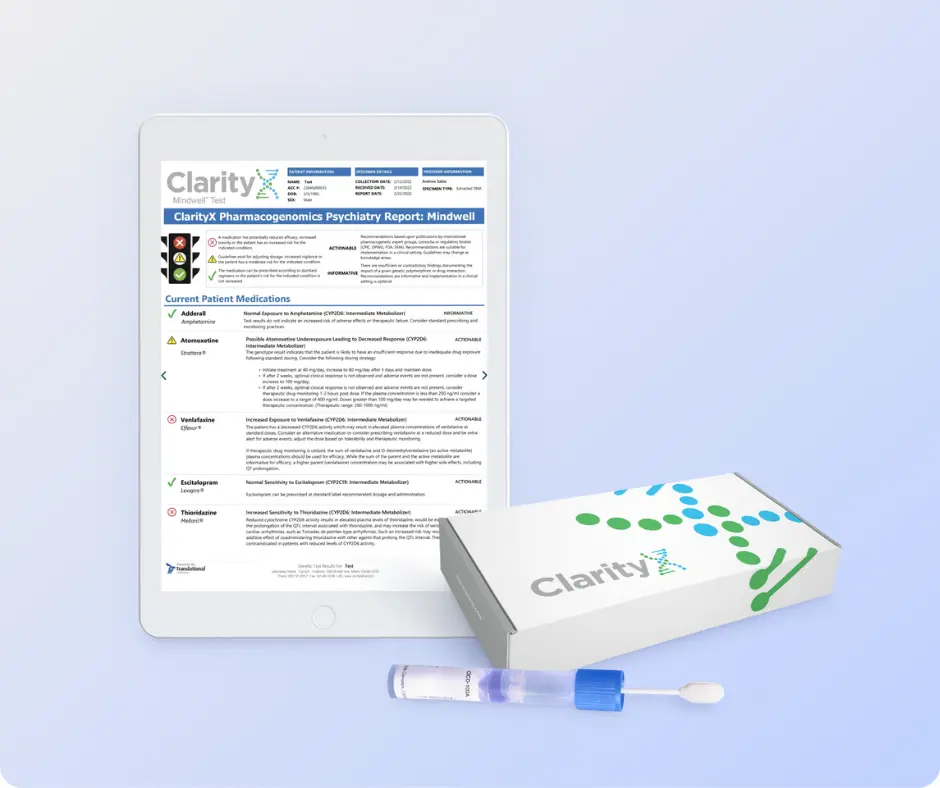Attention deficit hyperactivity disorder (ADHD) affects millions of people around the world. Mental health conditions are complex and often vary in symptoms and severity, costing doctors and patients a lot of time trying to find the right medication for treatment. In recent years, genetic testing for ADHD medications has become one of the tools doctors use in finding the right treatment option. A person’s gene expression provides information about how well a particular drug is metabolized in the body, making it easier for doctors to determine the exact dosage and frequency of intake that will cause the least side effects. Read what you need to know about genetic testing here.
What is ADHD?
ADHD is a common neurodevelopmental condition and is usually diagnosed in childhood. The effects of ADHD often persist into adulthood and affect both men and women of all ages. Symptoms such as attention problems or impulse control issues make it difficult for people with ADHD to navigate the modern world. Although there are many different ADHD medications available, it is still difficult for most patients to find the right medication for them.
Can Genetic Testing Help with ADHD Medication?
Pharmacogenetics is concerned with the impact of genetic factors on an individual’s response to drugs and helps to take the guesswork out of choosing the best medication for you. Every ADHD patient is different, and unique gene expressions can give doctors an insight into the body’s ability to metabolize each medication.
Pharmacogenetics testing should be considered if you experience the following issues: you are struggling with the trial-and-error method used by your doctor, your current medicine is not effective, you are prone to developing side effects, and you have underlying medical conditions.
Different Types of ADHD Medications
Some of the better-known ADHD medications, such as Adderall and Ritalin, may not work for all patients. While most medications are available as one-size-fits-all medications, each patient’s genetic makeup is unique and requires thorough testing to determine what works best for each individual. Genetic testing can help doctors find out how you respond to different medications to find the right one.
How Is Genetic Testing Done?
Today genetic testing is a simple and non-invasive procedure that only requires a sample of your DNA usually obtained from saliva. Your DNA sample is then analyzed in a lab, where they look for variations in enzymes that affect your drug metabolism.
Advantages of Genetic Testing
Genetic testing reduces the need for trial and error and ensures that you get the right treatment for your ADHD as soon as possible. You are also less likely to suffer adverse effects, so you will not be prescribed potentially life-threatening medications. Doctors are also able to prescribe the right dosage to help you with ADHD.
Another important advantage of genetic testing is the results can be reexamined for future medication changes as you do not have to repeat the test for those specific genes already tested.
Choose ClarityX for ADHD Genetic Testing
ClarityX offers quick and easy genetic testing for ADHD medications. Our Mindwell test gives your doctor an important diagnostic tool to help them make more informed decisions about the medications they prescribe for you. You can save time and money and avoid unwanted side effects by having a genetic test performed. Contact ClarityX today to learn more.





